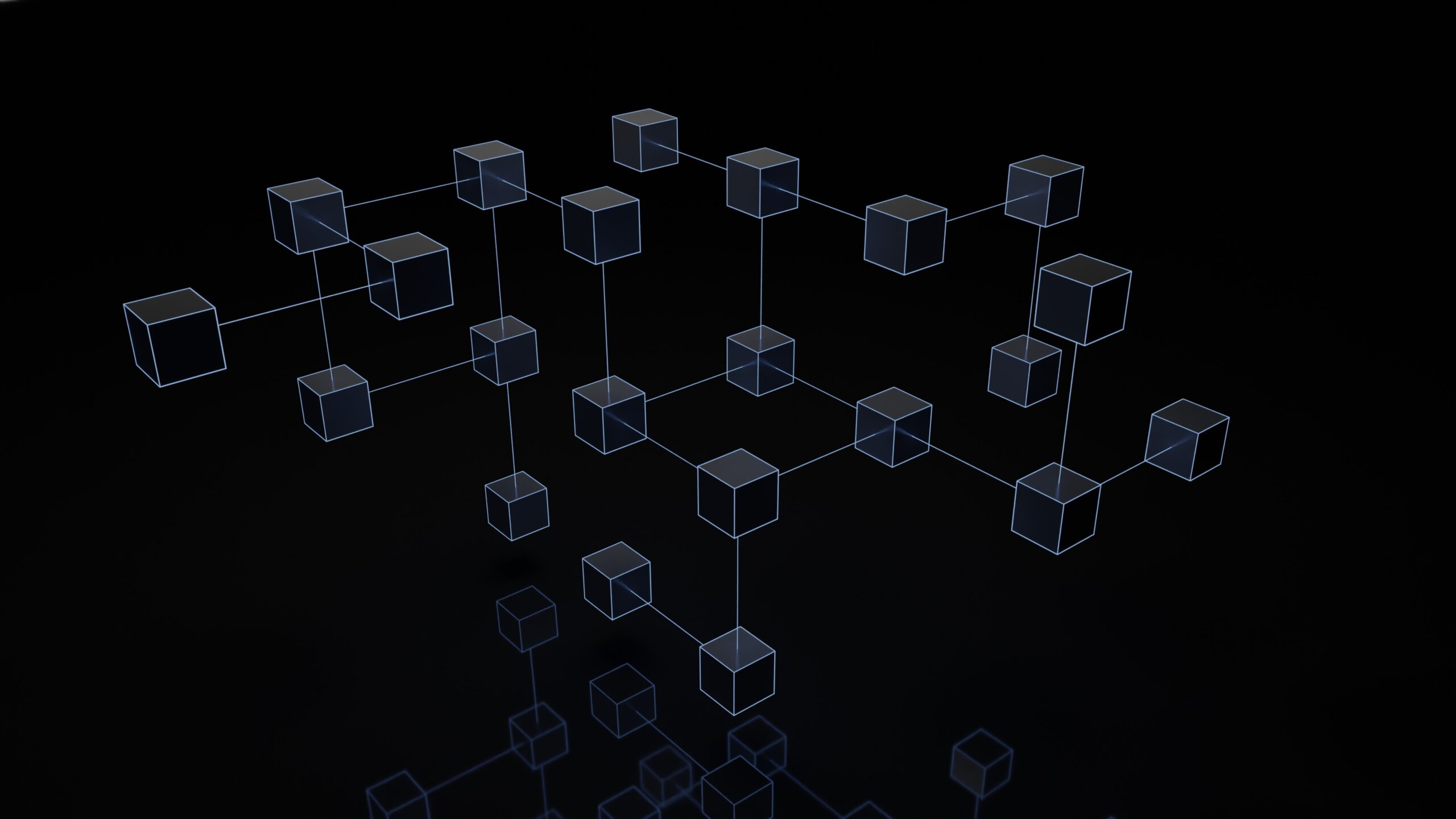Blockchain technology has gained significant attention and recognition for its potential to revolutionize various industries. While blockchain deployments have demonstrated remarkable effectiveness in fulfilling their mandates, it is essential to recognize that no system, digital or otherwise, can be 100 percent reliable. This article explores the strengths and vulnerabilities of blockchain systems, shedding light on potential faults and challenges that can arise.
The Effectiveness of Blockchain Deployments
Blockchain technology has proven highly effective in fulfilling its intended purposes across a range of industries. From supply chain management to financial transactions, blockchain deployments have facilitated transparent, secure, and efficient operations.
Potential Faults and Disruptions in Blockchain Systems
Recent tests conducted by Portugal’s University of Coimbra have revealed that a variety of faults can disrupt the execution of smart contracts and cause problems within blockchain systems. These faults could stem from coding errors, vulnerabilities in the underlying infrastructure, or exploitations of weaknesses in the consensus mechanism.
Impact of AI-Generated Data on Blockchain Performance
The integration of artificial intelligence (AI) with blockchain has opened up new avenues for innovation. However, the influx of vast amounts of AI-generated data can also strain blockchain systems and lead to performance issues. Careful consideration must be given to the scalability and resilience of blockchain networks when incorporating AI.
Reliance on Outside Sources for Accurate Data
While blockchain systems store trusted data within the chain, many automated processes require external sources of information. The accuracy and reliability of these external data sources can pose risks to the integrity of blockchain transactions and operations. Organizations must implement robust mechanisms to validate and verify data from these sources.
Risks Associated with Oracles
Oracles play a crucial role in connecting blockchains with external data sources. However, research from Concordia University highlights the potential for oracles to engage in ill-intentioned behaviors or manipulate available resources for personal gain. Ensuring the trustworthiness and integrity of oracles is vital to maintain the reliability of blockchain systems.
Inherent Risks of Data Source Integrity
The integrity of the data sources surrounding blockchains is a critical aspect to consider. Endpoints that interact with a blockchain network may transmit compromised data, undermining the reliability of the entire system. Organizations must employ stringent security measures to prevent malicious actors from tampering with data sources.
Unreliability of Participant Anonymity in Blockchain Systems
Blockchain technology initially offered enhanced privacy and participant anonymity. However, this anonymity has become a double-edged sword, attracting individuals seeking to exploit the technology for illicit activities. The use of mixers, tumblers, and privacy wallets has led to an escalating battle between anonymity seekers and efforts to maintain transparency and accountability.
The Battle for Privacy
As authorities strive to strike a balance between privacy and security, ensuring regulatory compliance within blockchain systems becomes an ongoing challenge. Innovations such as zero-knowledge proofs and privacy-enhancing technologies are being developed to protect privacy without compromising the ability to detect and prevent illicit activities.
While blockchain deployments have proven highly effective at fulfilling their mandates, it is essential to recognize the potential faults and challenges that can arise. From vulnerabilities within smart contracts to the reliability of external data sources, organizations must address these issues proactively. By embracing the principles of transparency, security, and accountability, the reliability of blockchain technology will continue to evolve, shaping a future with more robust and resilient systems.

